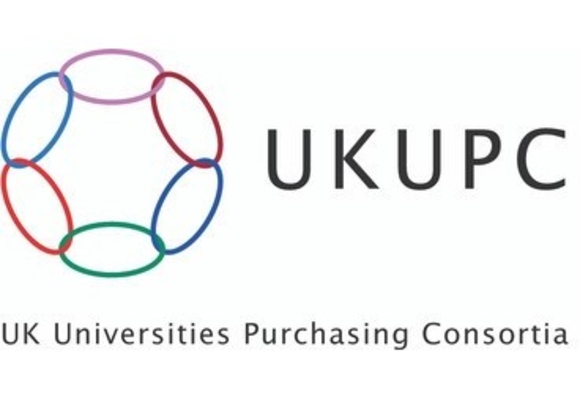If the last 12 months have taught us anything, it's that employees and businesses rely on technology more than ever. The need for companies and organisations to continue to produce excellent work remotely, retain a sense of collaboration and business continuity, while also dealing with feelings of isolation that some employees may have, has become so important during this Covid-19 pandemic.
We've all relied on a variety of tools, applications, and platforms during this Coronavirus crisis that has gripped the world this past year. In this blog, we're going to be examining three different ways that technology can actually empower remote workers, and improve employee performance, we'll also be examining the way in which IT support can help ensure that the technology capabilities needed to work remotely are installed from day one. Support such as this will help ensure that any future technology issues are quashed and that teams feel comfortable using platforms, such as video conferencing, to collaborate - all with the goal of helping keep productivity high, thanks to a team of experts who are ready to help.
Three Ways Technology Has Increased Employee Productivity During The Coronavirus
Communication Technology
Gone are the days of continually sending emails to colleagues. In large part because of the Covid-19 crisis, the shift to using faster, instant messaging tools such as Slack has skyrocketed. Now, remote employees can simply drop their colleague a quick message, the same way they'd send a text, and in seconds they get a response. There is no more opening up the email tab, firing up a new email, and having to find addresses. Direct messaging features, and the way in which different remote teams can have their own group chat to discuss a particular element of their work, has made remote working a much more productive experience.
Better Work/Life Balance
We of course have personal lives, and that has never been more apparent during this Covid-19 pandemic. The good remote working policies have allowed staff to enjoy their everyday life, despite the fact that their spare room is now their office, conference room, and break-out room. This is ideal for teams of people who have young families with small children that need looking after, or young people who may find they work better at different times. The rigid 9-5 is largely antiquated nowadays and, as long as staff are available for meetings and work gets done by a certain date, there is no practical reason that they can't work hours that suit their life and ways of working. This flexibility can empower teams which will naturally result in them working harder for a company that is willing to be accommodating.
Flexible Cloud Technology Storage
The ability to access files, calendars and databases from the cloud has rendered physical servers, and office space, rather obsolete, in some ways. A network such as this means people in a business can access everything they need to do their job no matter where they are in the world. The pandemic has accelerated this and forced businesses to adopt cloud architecture in order to get work done. Once we're out of this, the amount of people working in areas that suit them and their productivity levels is only going to increase as leaders see the benefits of offering this way of working.
How An IT Support Company Can Help
By working with an IT support company such as Everything Tech, a company can rest easy, and focus on business goals, knowing that a team of experts are in place, for a fraction of the cost of hiring an in-house IT department, to implement a thorough IT architecture. This retainer service has a real impact on businesses now, during the pandemic, and beyond as it frees them up to not have to deal with IT issues while also simultaneously benefitting from the latest cutting-edge technology that is available for them to use, from day one.
Remote working brings up a whole range of issues, from poor internet connections to out-of-date technology, and insufficient cloud architecture. The great thing about an IT support company is that they assess all facets of a company's relationship with technology before implementing a fundamental set of changes so that they are ready to offer genuine flexible working and a culture of digital-first - both things that need to be considered vital as we head into, what will hopefully be, the roaring 20s mark 2!










